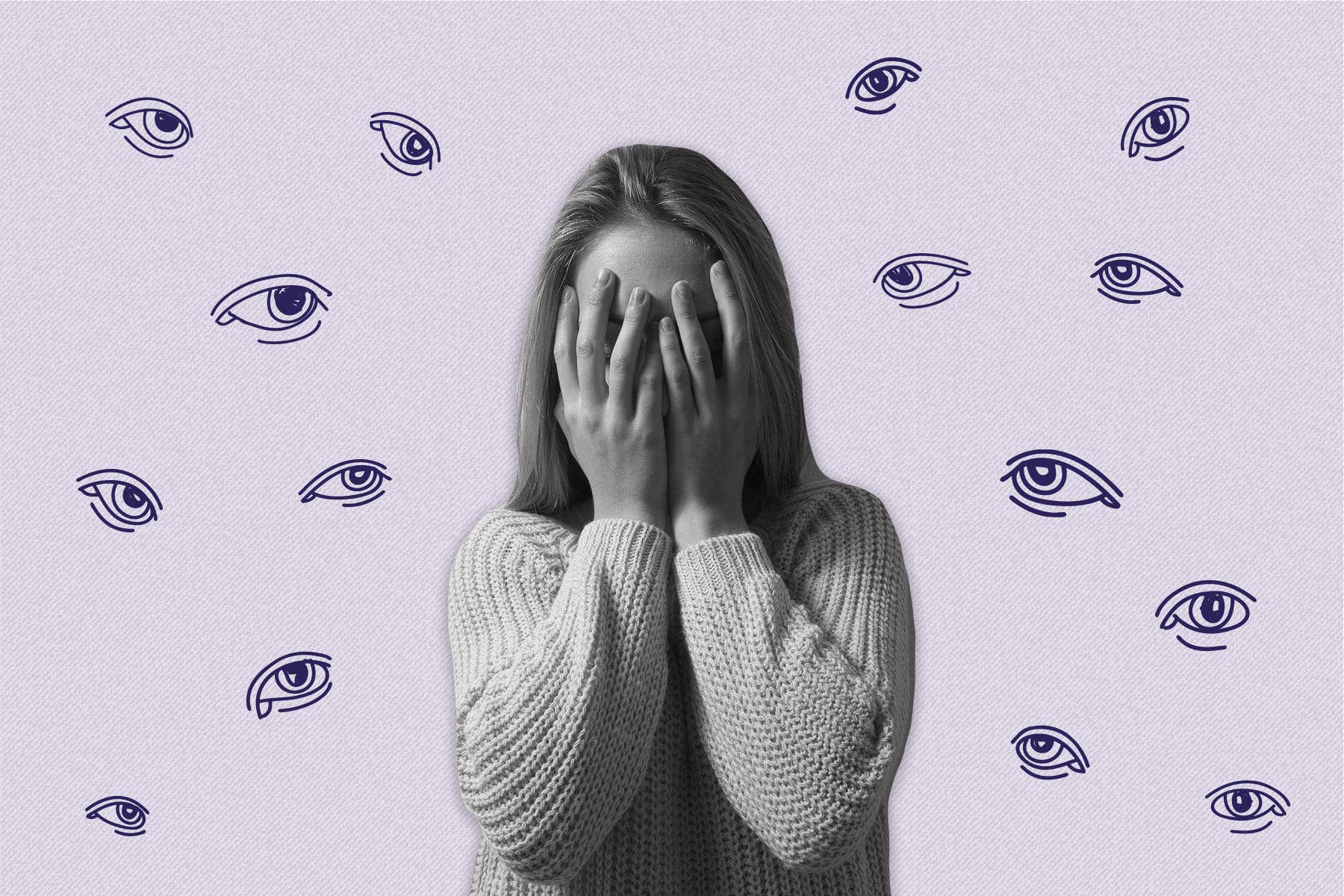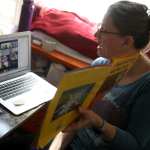Coronavirus cases are steadily declining, and more than 50 percent of American adults have been fully vaccinated against the virus. It’s the moment many have been waiting for: to move more freely in the world, to see and hug friends and family without fear. But as more states fully reopen — and as more people can safely socialize — mental health researchers say that for many, the transition could be rough.
The transition back into society is likely resulting in all types of anxiety. For those who already experienced social anxiety disorder, it could trigger a resurgence in symptoms, said Richard Heimberg, a psychology professor at Temple University who has studied social anxiety since the early 1980s. Even those without a history of social anxiety may find themselves experiencing it for the first time, he added.
“A number of people have been taken by surprise by the anxiety — social and otherwise — they’re experiencing. The transition and the opening up of things is creating both a desire to get back to normal life and an expectation that you will do that,” he said. “We expect it to be as simple and easy as it was before. And it’s simply not.”
Social anxiety disorder is among the most common anxiety disorders. About 12 percent of Americans are estimated to experience it at some point in their lifetimes, per the National Institute of Mental Health.
And, like all anxiety disorders, the condition is significantly more common in women. There are roughly three women with social anxiety disorder for every two men who have it, though men are more likely to seek treatment. There is little research directly comparing nonbinary people’s rates of social anxiety. But Dr. Vivian Pender, a New York-based psychiatrist and president of the American Psychiatric Association, said that nonbinary people are also at greater risk, a by-product of societal discrimination.
The 19th broke down what exactly social anxiety is, why it may be more common right now, and how to self-manage when it hits.
What is social anxiety?
Social anxiety disorder is distinct from other types of anxiety. In its more severe manifestations, it is marked by “persistent fear and avoidance of social situations due to fears of evaluation by others,” per research published by the American Psychiatric Association.
Those with lower grade social anxiety — not necessarily social anxiety disorder — are typically afraid of engaging in social situations where they could face judgement by others. But the fear doesn’t necessarily impair their ability to function day to day.
Like other mental health conditions, social anxiety has physical implications, too, including sweating, a quickened heartbeat, trembles and an upset stomach.
Researchers don’t know why the condition is more prevalent in women. There is also little explanation for why men are more likely to get treatment for social anxiety than women — especially since typically, women are more likely than men to seek mental health care.
Why are people more vulnerable now?
The past year and a half — and in particular, the COVID emergency’s requisite minimizing of social contact with others — has limited people’s exposure to others. So as people start to socialize again, they may be at greater risk of feeling social anxiety symptoms.
That’s only natural, mental health experts said.
“Things that were automatic are not automatic. And as a result of that, we end up spending more time observing ourselves, and we are being critical of ourselves and asking ourselves, ‘What’s wrong with us? What’s wrong with me?’” Heimberg said.
For people who were already vulnerable to social anxiety, the past year — which denied many regular contact with many others — could have been detrimental.
That’s the takeaway from a small study from Israel, which followed a group of students who already had social anxiety. Typically, students’ symptoms would diminish between the fall and spring semester as they spent more time with their peers.
But this past year, symptoms remained consistently high. That held even when controlling for other mental health effects potentially associated with the pandemic.
Now, the shift back to more social interactions may be harder to manage than it once was, increasing not only the likelihood of experiencing anxiety, but the intensity of the symptoms.
“People have been so socially isolated and a lot of social connections have changed or been lost even,” Pender said. “It has made it more difficult for people to use those social connections to mind their anxiety.”
How do you self-manage?
In serious cases, people experiencing social anxiety disorder may require help from a medical professional such as a primary care doctor or a psychiatrist. But some may be able to manage low-grade social anxiety on their own.
Most important, Heimberg said, is recognizing that many other people are probably going through something similar.
“This is equally true whether it’s social anxiety or more broadly reentry anxiety. What we’re all going through now is hard. And large numbers of people are going through the same thing — we’re not alone in the experience,” he said. “The summary of that is, ‘Give yourself a break.’”
Karestan Koenan, a professor of epidemiology and mental health scholar at the Harvard T. H. Chan School of Public Health, said she experienced social anxiety when she was younger. She would make herself go to conference receptions and challenge herself not to leave until she had introduced herself to five new people.
Now, she recommends that people find ways to make social interactions less anxiety-inducing. That can mean bringing a friend along to a gathering of new people, or “making a deal with yourself” — agreeing to go out and socialize, but maybe only for 15 minutes.
Taking steps to reduce baseline stress overall can also undercut the effects of social anxiety, she said.
“Say you are anxious about going to a party, but working out reduces your stress. I might plan to work out, go running a few hours before the party — with time to change and get ready — and then go,” she said. “If I am feeling good and more relaxed in general, I am likely to feel less anxious at the party.
Experts also recommended slowly, carefully reincorporating socialization into day-to-day routines. Try something smaller, or lower-key, or for a shorter period of time. Bring a friend or family member. Go somewhere that feels safer or more comforting before trying something unfamiliar.
“You can go to a nightclub on Thursday as opposed to a Saturday,” Heimberg said. “Or earlier rather than later. Stay for a briefer period of time, instead of a longer period of time.”






